OUR CHALLENGE
Emergency Planning
MARCH 3, 2025
Resilience is an illusion. In saying that I mean no disrespect to resilience officers, whose work is honourable, vital and necessary. However, whether resilience has as its goal to 'bounce back' or to 'bounce forward', it represents a tendency to seek homeostasis, in other words a quest for an eventual stable equilibrium.


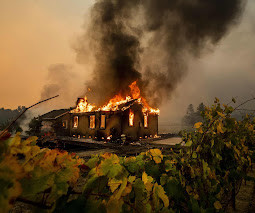
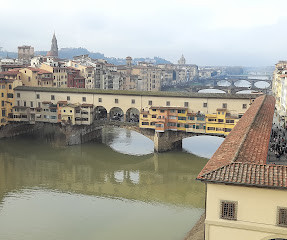
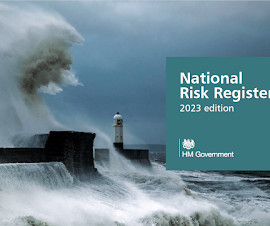



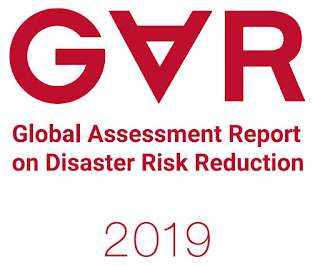
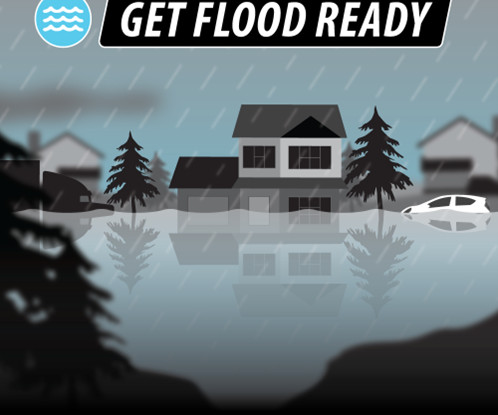







Let's personalize your content